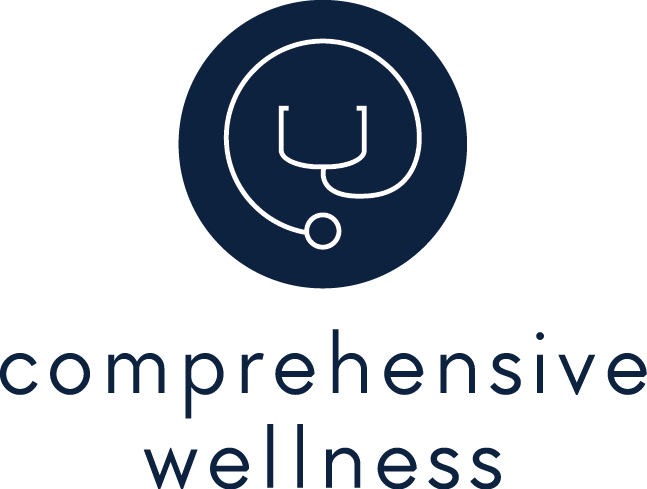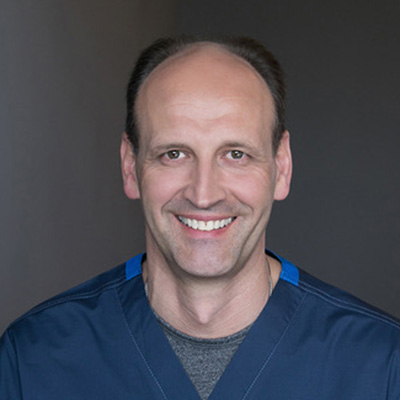Chronic Low Back Pain – Disc vs. Muscle
Do you have chronic low back pain (CLBP) or episodic low back flare-ups? Are you afraid to get into certain positions for fear of low back pain? Do you have low back or hip tightness that lasts for more than a few days? You may be suffering from lumbar disc damage or have a strained muscle. How can you tell the difference? It’s important because treating a disc injury like a muscle injury can prevent your symptoms from improving or can even make you worse.
Here are some key differences between disc and muscle injuries.
Low back muscle injuries:
- The muscle symptoms should be proportional to the muscle load or strain.
- When contracting an injured muscle, symptoms increase.
- Injured muscles are very painful initially, but completely resolve within 4-6 weeks.
- Treatments like chiropractic, physical therapy, and massage work well.
- Ice and medications, like Ibuprofen, often alleviate symptoms quickly.
Low back disc injuries:
- It takes a long time to create a disc injury, unless the force is very large like a car accident or a slip and fall. However, once damaged, seeming innocuous movements can bring great pain. Like bending to put on socks or picking up an infant.
- The pain can drop quickly after a flare-up dropping from an 8/10 to a 2/10 after just a few hours or days.
- There may be symptoms down one or both lower extremities.
- Abdominal bracing can reduce symptoms.
- Slight hip flexion or extension can change symptoms significantly.
- Treatments like chiropractic or physical therapy do not provide long-term relief.
- Disc injuries often present as muscle tightness in the low back, groin, hips and hamstrings and can be mistaken for muscle problems.
- Symptoms are present for months and years, not weeks.
CLBP is complicated. If you are experiencing CLBP for months or years and traditional treatment has not provided long-term relief, call and set up an appointment with Dr. Kai Tiltmann, a McGill Method Master Clinician. Experience the 3-hour McGill Method yourself and receive the tools needed to help resolve your pain and regain your life once more.
Dr. Kai Tiltmann specializes in patients suffering from chronic low back pain that has been unresponsive to interventions including physical therapy, chiropractic, acupuncture, massage, exercises, yoga, pilates, injections, medication and sometimes surgery. He is a McGill Method Master Clinician with specialized training to assess chronic low back pain triggers and develop rehabilitation plans that help patients on to the path of recovery.

